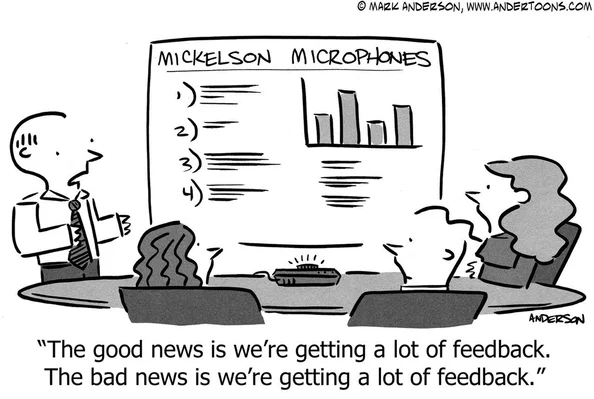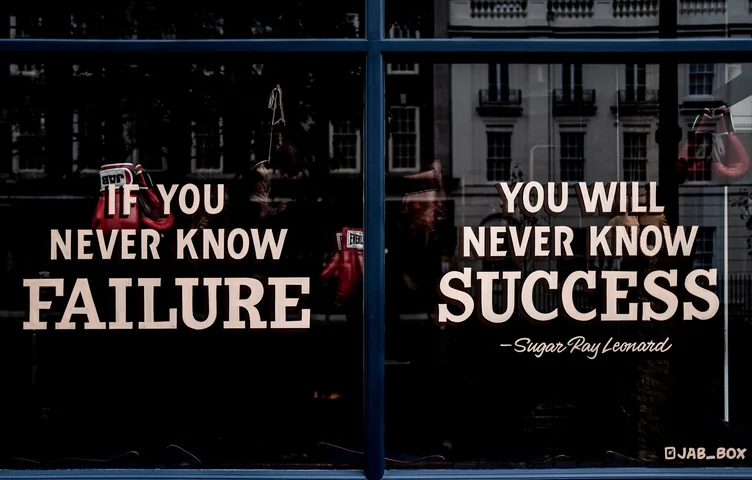My Awful Feedback Conversation
Let’s time travel.
Let’s go back to 2010 or 2011. I’m working at Lowe’s Home Improvement’s corporate office, and my broad-based human resources career is deepening into the strategy execution and change management space.
Because of the clients I was supporting in my HR Business Partner role, I had a front-row seat to the enterprise transformation Lowe’s undertook in response to the economic downturn of 2008-09. Like many retailers at that time, moving to an integrated, omnichannel strategy that relied less on brick-and-mortar stores was necessary to meet the increasingly sophisticated demands of customers.
We had hired a boutique change management consulting firm to help us integrate and execute on the numerous initiatives underway to accomplish the transformation, and I was one of their primary liaisons in the organization. As a result, I got to learn and practice the disciplines of strategy execution and change management.
I can’t overstate how much I enjoyed learning and applying my new knowledge on such a large playing field. Lowe’s was – and continues to be – a Fortune 50 company with hundreds of stores and thousands of employees. It was a tremendous opportunity for me to work at that scale.
And yet, the promotion I thought I deserved for my contributions was not forthcoming. I was struggling to be as influential and as impactful as I thought I should be. But I couldn’t figure out why.
I set up time with the Chief Development Officer who had overall responsibility for the transformation to ask for feedback. Even though I still rolled up through HR, he was my default leader and had a good view on my work. I trusted his perspective.
He was incredibly honest with me. As I’ve told this story repeatedly over the years, I’ve simplified and exaggerated the nature of what he told me, but the headline was this: I was too identified with my newfound change management knowledge and was using it as a hammer on other people. I was insisting on the “right way” to do things instead of collaborating and compromising. I was relying on positional power from him and others above me in the organization to exert influence. I wasn’t attending to important relationships that would help me be more effective. He said I had a lot to offer, and we needed the expertise I was building, but that the way I was holding it was often hurting the cause, and me.
As you might imagine, I was devastated to have my shortcomings laid out so plainly. I tucked my tail between my legs and went away to lick my wounds for a while. It was painful.
But then I picked myself up. I began to act on his feedback. I started to focus on relationships to a greater extent, trying to de-emphasize the task focus that was more comfortable for me. I worked on becoming more collaborative, finding the middle ground between others’ needs and mine. And not being such a know-it-all.
About six months later, I requested another meeting with the Chief Development Officer. I asked him, “Well, how is it now? Am I doing better?” He told me he never thought he would see me in his office again after the intensity of the feedback he’d given me, but that he was pleased to report he saw substantial improvement. And he was impressed I’d circled back around.
Make no mistake, I had a long way to go. In hindsight I can see there was so much impact, so much potential still left on the table at that point. But the gift he gave me was dislodging me from a mindset, a way of thinking, that was not a good match for the high-visibility, high stakes role I was being asked to play in the organization.
At that point I was still two to three years away from being introduced to vertical development at Georgetown University during my coach training, but it’s likely my center of gravity was in Specializing. Like the King of Sweden from the last newsletter, I was identified with my subject matter expertise. (Oh, how I loved it!) I believed I knew the right answer and nobody else had anything to contribute. Relationships were much less important than knowing and doing the right thing, or what the experts recommended.
This was an incredibly poor fit for my role at the time. The entire transformation was cross-functional and required collaboration and innovation from a wide variety of professionals across the organization. Relationships and influence, these were vital.
Nick Petrie offers a framework for how vertical development happens. He suggests there are three components:
- Heat experiences – getting in over one’s head where the current way of looking at the world is insufficient (me working on an enterprise transformation relatively early in my career)
- Colliding perspectives – being exposed to different perspectives and ways of thinking (the disruption I experienced through the feedback I received and trying to toggle back and forth between the consultants and people in the organization)
- Elevated sensemaking – putting one’s worldview back together, incorporating new perspectives, and emerging at a later, more expansive stage of development (the improvement I experienced as a result)
It is practically impossible to have arrived in adulthood without having grown vertically, grown in maturity, grown in expansiveness, grown in the ability to see and navigate complexity. You may have experienced a single incident, like I did, that was pivotal in your growth. Can you identify one? How did it change you?
If you’re a leader, what would it look like for you to offer this gift of developmental feedback to somebody you are helping to grow?
P.S. I’m happy to report the Chief Development Officer eventually promoted me into a Director of Change Execution role in his organization. I figured it out.
Jessica
Founder & CEO
The Sparks Group





